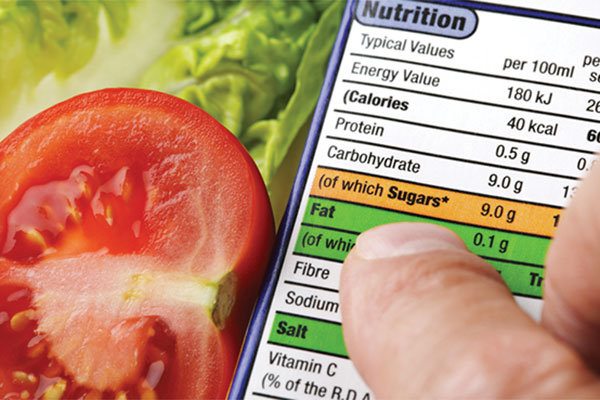Whether the encouragement comes in the form of a magazine article, diet book, or from a training friend, it’s hard to miss the fact that triathletes are often (perhaps obsessively) concerned with their weight. Much of this weight obsession stems from American culture, which pressures women to be thin and men to have six pack abs.
Ironically, while the ideal body type becomes more impossibly lean for the average person to healthily obtain, the percentage of obese and overweight Americans continues to rise. Triathlon is an excellent way for overweight and obese people to lose weight through hard physical training and paying more attention to diet. However, many triathletes end up taking their weight loss and food counting to an unhealthy, self-detrimental level.
Do You Even Need to Lose Weight?
Of course, the most important question to ask yourself is whether you even need to lose weight in the first place.
For triathletes who are not overweight or obese, losing weight is probably the last thing they should be doing in order to try to get faster, because for all but the most elite athletes, a few pounds or even a dozen will not have a huge impact on racing performance. You may benefit from being lighter on the run, but losing weight may negatively impact your bike or swim splits if you lose muscle mass. You are probably better off sticking to your training, eating healthily, and enjoying life than stressing out about losing that last five or 10 pounds. In fact, trying to lose those extra few pounds may actually detract from your training, which will negatively impact you on race day.
Starvation Diets Lead to Overtraining, Fatigue, Sickness, Injury, and Eventually Burnout
Even a small calorie deficit, compounded day after day and week after week, compounds fatigue from training. If you attempt to cut out 500 or more calories per day, you will soon find yourself in a hole. Fasting, skipping lunch, doing “cleanses,” starvation diets, and going on training rides without nutrition are great ways to get sick, injured or so overtrained that you’ll want to quit the sport. Don’t fall into any of these popular myths. They don’t work.
Weight Loss Should Be Long Term, Not Short Term
The body gets used to being a certain body fat percentage (homeostasis), and it will do everything in its power to stay there (resistance to change). This means that it is very difficult for people who have been at 18 percent body fat, for example, to slim down to and stay at 10 percent. It can take roughly five years for the body to become accustomed to being at a new body fat percentage. The good news is that the longer you keep the body fat off, the easier it becomes to stay there.
With this in mind, the best approach to sustainable weight loss is through a “slow burn” process. Losing one or two pounds a month is a good goal, because for true weight loss, you have to be in it for the long haul, especially as an athlete with high daily demands from your body.
Need help with adjusting your diet and nutrition for weight loss? Please be sure to consult a registered nutritionist or dietician with experience in working with the unique needs of endurance athletes.


